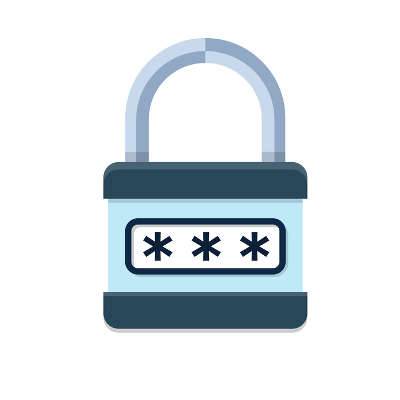Macro Systems Blog
Just a few months after the firmware in their computer chips was revealed to be significantly flawed, Intel’s flagship product has yet again resulted in negative attention to the company. While the issue now has a fix, there was the possibility that a solution could reduce the functionality of the CPU.
A new malware swept across the globe Tuesday, incorporating facets of many ransomwares that have made headlines recently. While it originally appeared to be a variant of the Petya ransomware, it has been determined that it shares more in common with WannaCry. However, “NotPetya,” as it has been named, has a few additional features that experts say make it worse than either of its predecessors.
 GameOver Zeus, a member of the Zeus family of malware, has been discovered and disrupted by the Department of Homeland Security, Federal Bureau of Investigation, and Department of Justice. But, this is only a temporary respite from the danger the malware poses - in two weeks, the threat will be back, and very much alive.
GameOver Zeus, a member of the Zeus family of malware, has been discovered and disrupted by the Department of Homeland Security, Federal Bureau of Investigation, and Department of Justice. But, this is only a temporary respite from the danger the malware poses - in two weeks, the threat will be back, and very much alive.
 eBay issued an official declaration on Wednesday, May 21, 2014 that one of its databases had been hacked. The worst part? This database, which housed users' passwords, was compromised. But, there is a silver lining to all of this - no information has been stolen.
eBay issued an official declaration on Wednesday, May 21, 2014 that one of its databases had been hacked. The worst part? This database, which housed users' passwords, was compromised. But, there is a silver lining to all of this - no information has been stolen.
None that they know of, anyway. The auctioning website is still cautioning users to change their passwords in light of the attack.
 For many Windows users, the fact that Microsoft is issuing Windows 10 incrementally came as a shock for those who patiently waited for its release date. While users wait, however, hackers are taking advantage of those who are less patient by creating a ransomware that disguises itself as a launcher for a Windows 10 download. So, while you sit and wait for your version of the latest OS, don’t fall prey to deals that seem too good to be true.
For many Windows users, the fact that Microsoft is issuing Windows 10 incrementally came as a shock for those who patiently waited for its release date. While users wait, however, hackers are taking advantage of those who are less patient by creating a ransomware that disguises itself as a launcher for a Windows 10 download. So, while you sit and wait for your version of the latest OS, don’t fall prey to deals that seem too good to be true.
 Ransomware is such a popular method of attack used by hackers that new variants of it pop up every few months. Among these is Petya, a nasty new ransomware that masquerades as an unsolicited resume in an organization’s email inbox. Don’t be fooled, though; the only work these hackers are looking for is to work you out of a couple hundred dollars.
Ransomware is such a popular method of attack used by hackers that new variants of it pop up every few months. Among these is Petya, a nasty new ransomware that masquerades as an unsolicited resume in an organization’s email inbox. Don’t be fooled, though; the only work these hackers are looking for is to work you out of a couple hundred dollars.













